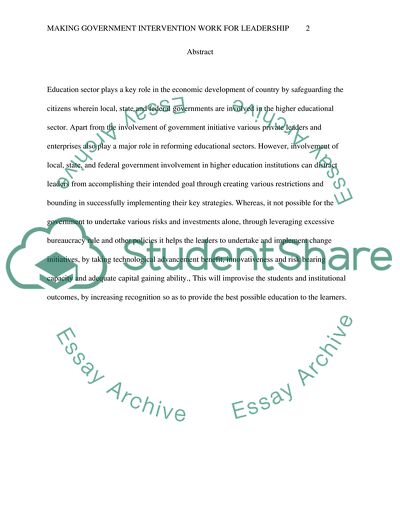Cite this document
(“Making Government Intervention Work for Leadership Research Paper”, n.d.)
Retrieved from https://studentshare.org/education/1653771-making-government-intervention-work-for-leadership
Retrieved from https://studentshare.org/education/1653771-making-government-intervention-work-for-leadership
(Making Government Intervention Work for Leadership Research Paper)
https://studentshare.org/education/1653771-making-government-intervention-work-for-leadership.
https://studentshare.org/education/1653771-making-government-intervention-work-for-leadership.
“Making Government Intervention Work for Leadership Research Paper”, n.d. https://studentshare.org/education/1653771-making-government-intervention-work-for-leadership.


